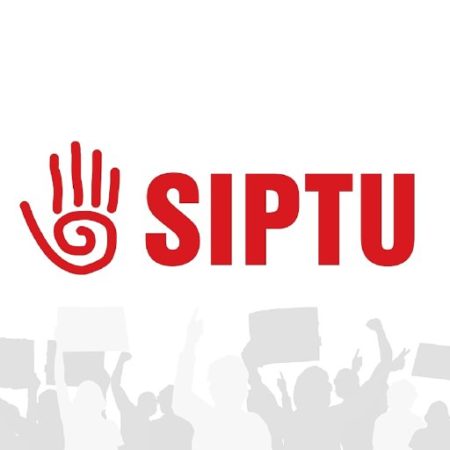1 September 2022
By Tom Collins
tom@TheCork.ie
Two days of rolling strike action planned in community and voluntary sector bodies in Galway, Mayo Cork and Donegal in September – Disability and other services affected as unions step up action for improved funding and pay in State funded agencies
Unions have served notice of a series of one-day strike actions in community and voluntary sector agencies in Galway, Mayo, Cork and Donegal later this month, that’s according to a joint statement issued today by Fórsa, INMO and SIPTU trade unions.
The action will take place in five employments in the community and voluntary sector providing social care, and will include action by community employment (CE) supervisors. Action will take place on Wednesday 21st and Thursday 22nd September, as part of the ICTU-led Valuing Care, Valuing Community campaign.
The campaign aims to achieve improved terms and conditions of employment for health and social care professionals and other staff employed in agencies funded by the HSE and other State bodies, where staff are employed on lower pay and lesser conditions than equivalent grades in the HSE and other agencies.
Up to a third of staff in these agencies are leaving their jobs each year to seek better employment in similar work elsewhere. Unions say urgent Government action is needed to address the funding of organisations in the sector, to make pay improvements for staff, stem the high rate of staff exits each year and fulfil recruitment targets for vital health services, including disability and homeless services.
Industrial action ballots in each of the employments, conducted over the past few weeks, produced strong support for industrial action, up to and including strike action. Notice has been served on the following employments for Wednesday 21st September:
- Irish Wheelchair Association Cork
- St. Josephs Foundation
- EmployAbility Cork
And in the following employments on Thursday 22nd September:
- Western Care
- Ability West
- Selected community employment (CE) schemes in Donegal
Research published last year by Fórsa trade union shows that very high annual staff exit rates, of up to 33% annually, is leading to increased recruitment costs and increasing pressure on existing staff to maintain services.
Fórsa national secretary Ashley Connolly said: “Government is failing to grasp the link between its chronic underfunding of the services we’re talking about and the failure to meet the HSE’s recruitment targets in, for example, disability services.
“The outgoing head of the HSE has acknowledged they’re having problems meeting targets for disability services nationally, including unfilled roles in 18 organisations funded by the State. This has led to service delivery issues and growing waiting lists,” she said.
SIPTU official Kevin Figgis added: “The HSE leans heavily on the community and voluntary sector to deliver these services. These are the same organisations struggling to attract enough qualified and experienced staff in a very tight labour market. Why? Because they can get better paid work elsewhere.”
INMO Assistant Director of Industrial Relations, Colm Porter added: “The high level of staff turnover drives up HR and related recruitment costs. The failure to fund the services adequately has led directly to shortfalls in services, growing waiting lists and an intolerable burden placed on nursing and other care staff in the sector,” he said.
SIPTU official Adrian Kane said planned strike action in selected community employment (CE) schemes (which are funded by the Department of Social Protection) in Donegal on 22nd September, reflects long-standing pay stagnation at a time of sharp increases in the cost of living: “The Government has allowed the community and voluntary sector to operate in a policy ‘blind-spot’, where it assumes it can continue to underfund these services and allow the pay and conditions of valuable and experienced community-based staff to stagnate.
“This strike action is designed to move these organisations into the Government’s line of sight and to illustrate just how vital these services are. Policy makers can no longer afford to ignore them, especially at a time of sharply increasing costs in day-to-day living,” he said.




